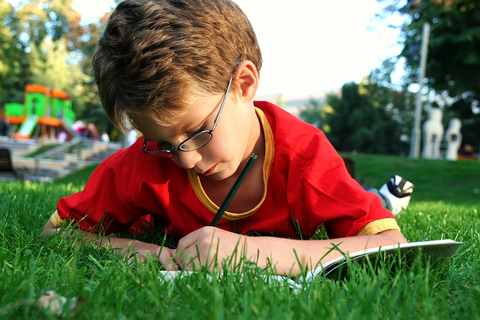Whew. Okay. So I'm in the beginning stages of getting settled in Vegas. I start teacher training today, and I'm terrified and excited.
One thing I left when I left D.C. was a job at Barnes and Noble, and the incredible, hilarious and kind people I worked with there. I learned a ton while working there, and I thought I'd share some of those things that might be useful and applicable to us as we work towards furthering our writing careers.
1. Who goes to brick and mortar stores: The trends I noticed at the store were very interesting. I definitely noticed that three groups of people tended to visit the store more than any other. I almost always worked in the morning and early afternoon, so evening trends may be a little different. But the group I noticed most often were mothers with young children. This may have had more to do with our Lego and train table than anything else, but there you have it. I also noticed quite a few older people. I think the older generations are still simply more comfortable with paper books over electronic devices, and I don't necessarily think they're wrong. The other group I noticed were career professionals: nurses, artists, or businessmen looking for applicable books.
2. Two different types of promotion: There are basically two different types of promotions that Barnes and Noble stores do. The first is top down, nation-wide promotions of bestsellers, holiday promotions, stuff like that. The second type is set by the individual store and determined by local store management. Basically this means that it is possible to work with local management to get your books put in better spots, if the local management likes you and your book. Sometimes. Possible. It's worth looking in to, for sure.
3. You want booksellers to like you: This is a duh point, but I didn't quite realize how important this was until I was a bookseller myself. There are a few times when the booksellers are making decisions: picking this book or this book to send back, organizing shelves and picking which books to face out, answering customers requests for recommendations. All this means that if a bookseller likes you, or is even familiar with you a little, it is to your advantage. So whenever you go places find the local bookstore, drop in and say hi and offer to sign a few copies of your book. It was always fun when that happened, and besides, autographed copies can't be sent back to the publisher.
4. People shop differently for fiction versus non-fiction: What I found, and this is obviously a generality and not a hard and fast rule, is that people looking for non-fiction tend to have a specific book or author in mind. If not that, then at least a very specific topic. On the other hand, while people definitely were looking for specific novels, there were a lot more browsers in the fiction section, people just looking for books to jump into their hands. This is useful in terms of marketing, although I think taking aspects from both types of shopper is the best idea.
5. Media attention works: There is not much to say about this, accept that almost every day I had someone (usually an older person) come up to me with a folded newspaper, point to a review and say, "Where can I find this book?" So basically, take advantage of whatever media opportunities you can find, national, local and everything in between.
6. Books as gifts: Something I noticed that I didn't necessarily expect was this: People seem much more comfortable and willing to buy books as gifts for friends and family than they do buying books for themselves. Especially nice editions, hardcovers, etc. I definitely plan to find ways to work this in to my future promotional efforts.
There you have it. Those are some of the things I learned as a bookseller at Barnes and Noble. I'm very, very grateful to the team at the Falls Church Seven Corners store for letting me part of their team. Hopefully some of these tidbits can help you as you think about your marketing and such.
Keep writing!
Sarah Allen








.jpg)





